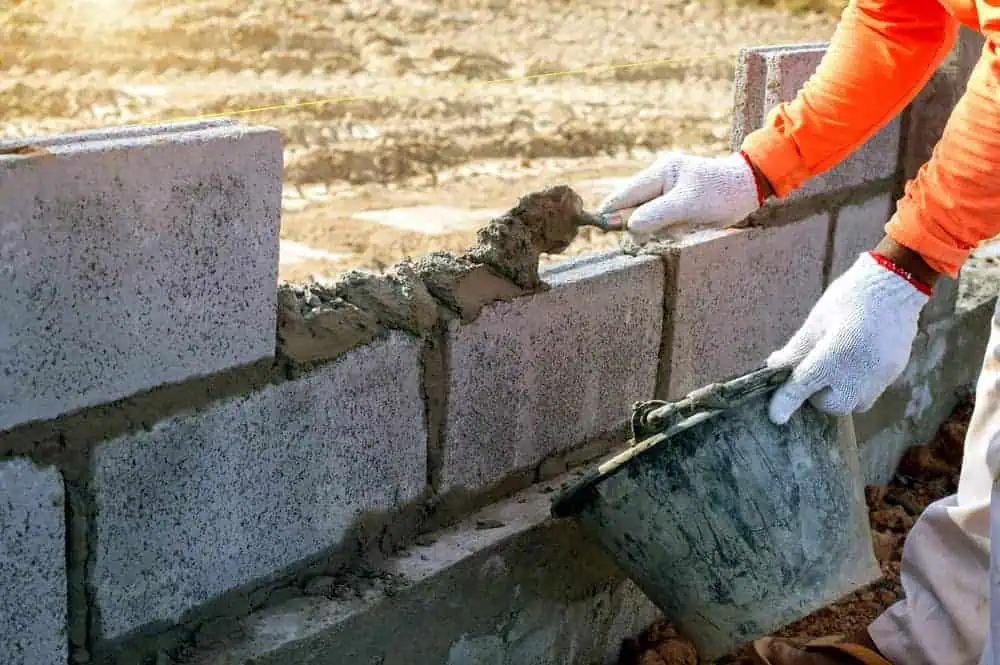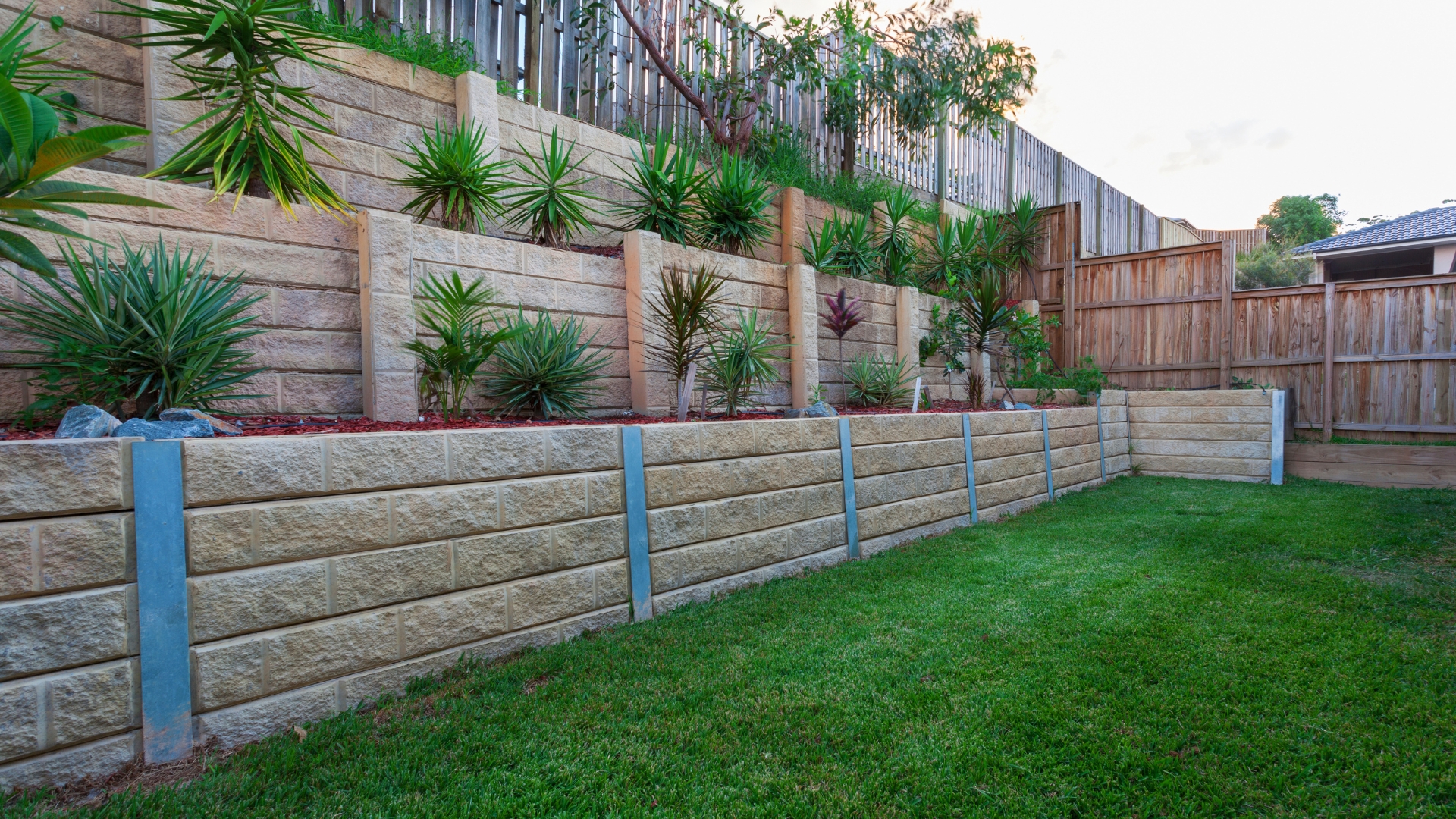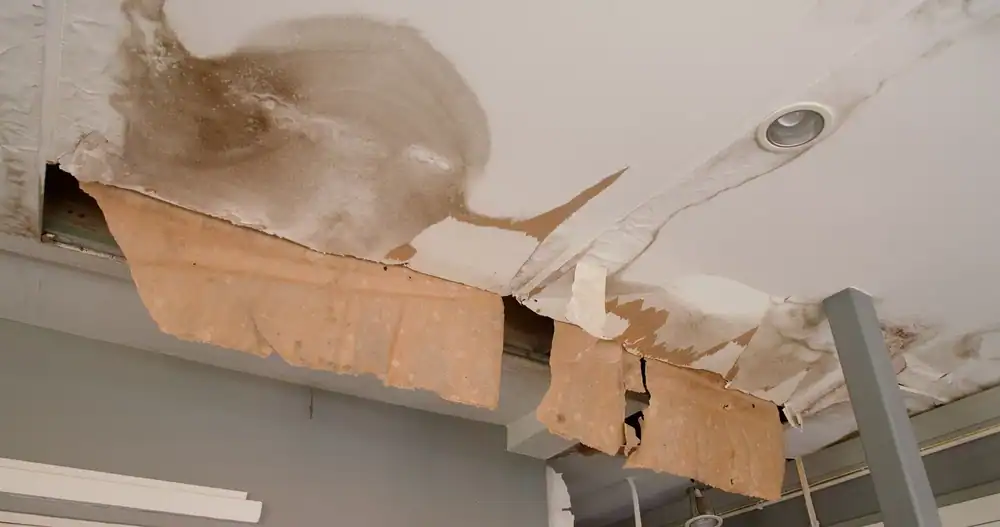Summary:
What Licenses and Credentials Should Your Masonry Contractor Have?
Before you discuss your project details, verify your contractor’s legal standing. In Massachusetts, this isn’t optional—it’s the law.
Every masonry contractor working on residential properties must be registered as a Home Improvement Contractor (HIC) with the state. This registration ensures we meet Massachusetts safety and quality standards and carry a $5,000 bond that protects you financially if something goes wrong.
Ask to see our HIC registration card and verify it online through the state’s lookup system. If we can’t produce this documentation immediately, walk away.
Insurance Requirements That Protect Your Property
Your contractor’s insurance coverage directly impacts your financial liability. Massachusetts requires masonry contractors to carry both general liability insurance and workers’ compensation coverage, but the minimums may not be enough for your project.
Ask for proof of current insurance certificates, not just verbal assurances. General liability should be at least $2 million for residential projects, with coverage for completed operations and products. This protects you if our work causes damage months or years later.
Workers’ compensation coverage protects you from liability if someone gets injured on your property. Without it, you could be personally responsible for medical bills and lost wages. Don’t assume we have it—verify the coverage is current and active.
The insurance company should be licensed to operate in Massachusetts. Some contractors carry coverage from out-of-state insurers that may not honor claims here. Ask your contractor’s insurance agent directly if you have any doubts about coverage validity.
Professional Certifications That Matter in Masonry Work
While Massachusetts doesn’t require masonry-specific licenses, professional certifications indicate serious commitment to the trade. The Mason Contractors Association of America provides certification that ensures contractors meet industry standards and stay current with best practices.
Ask about specialized training in the specific type of work you need. Stone masonry requires different skills than brickwork. Restoration work demands expertise in matching materials and techniques that new construction doesn’t. A contractor who specializes in your project type will deliver better results.
Look for contractors who invest in continuing education. Masonry techniques, materials, and building codes evolve constantly. Contractors who attend workshops, trade shows, and certification programs stay ahead of these changes.
Don’t be impressed by contractors who claim to “do everything.” Masonry is a skilled trade with many specializations. You want someone who has deep expertise in your specific project type, not a jack-of-all-trades who dabbles in masonry between other jobs.
Some contractors may also hold Construction Supervisor Licenses (CSL) for larger projects. While not always required for residential masonry work, a CSL indicates additional training and experience in construction management and safety protocols.
How to Evaluate Experience and Past Work Quality
Years in business matters, but local experience matters more. A contractor with 20 years of experience in Arizona won’t understand Boston’s freeze-thaw challenges or local building practices.
Ask specifically about our experience with Boston-area projects and how long we’ve been working in Massachusetts. Local contractors understand our climate, building codes, and common structural issues that affect masonry work.
Request references from recent projects similar to yours. Don’t just accept a list of names—actually call these references and ask specific questions about work quality, timeline adherence, and how we handled any problems that arose.
Portfolio Review: What to Look For in Past Projects
Our portfolio tells you more than our sales pitch ever will. Ask to see before-and-after photos of recent work, particularly projects similar to yours in scope and materials.
Pay attention to detail work in portfolio photos. Clean mortar joints, properly aligned stones, and consistent color matching indicate craftsmanship. Sloppy joint work or mismatched materials suggest corners being cut.
Ask about the age of portfolio photos. Some contractors show work from years ago that may not represent their current capabilities or crew. Recent photos give you a better sense of what to expect.
If possible, ask to visit a recently completed project in person. Photos can hide flaws that become obvious when you see the work up close. A confident contractor will be happy to show off their best work.
Don’t just look at finished projects. Ask to see photos of our work process, material storage, and job site organization. Professional contractors maintain clean, organized job sites and protect materials properly. This attention to detail usually carries over into finished work.
Understanding Boston's Climate Challenges in Masonry Work
Boston’s freeze-thaw cycles are brutal on masonry work. Water seeps into small cracks and expands when it freezes, causing spalling, joint failure, and structural damage. This cycle can happen dozens of times each winter, making proper materials and techniques crucial.
Ask your contractor specifically how we address freeze-thaw protection in our work. Do we use air-entrained mortars? How do we handle drainage around foundations and retaining walls? What waterproofing methods do we recommend?
A contractor who doesn’t understand these climate challenges or dismisses them as minor concerns will likely deliver work that fails within a few years. Boston masonry contractors should be talking about these issues before you even ask.
Inquire about our experience with winter work conditions. Sometimes masonry repairs can’t wait for spring, and working in cold weather requires special techniques to ensure proper curing and long-term durability.
The best Boston masonry contractors will explain how local conditions affect material selection, installation techniques, and long-term maintenance requirements. This isn’t just technical knowledge—it’s essential for work that will last in our climate.
Making Your Final Decision: Red Flags and Green Lights
Trust your instincts during the evaluation process. Contractors who pressure you to sign immediately, demand full payment upfront, or can’t provide proper documentation are showing you who they are. Believe them.
Look for contractors who ask detailed questions about your project goals, explain our process clearly, and provide written estimates with specific material and labor breakdowns. These behaviors indicate professionalism and attention to detail.
The right masonry contractor will understand that your project represents a significant investment in your property. We’ll take time to ensure you understand the scope of work, timeline, and long-term maintenance requirements.
When you find a contractor who checks all these boxes—proper licensing, adequate insurance, relevant experience, and clear communication—you’ve found someone worth hiring. At Academy Masonry, we combine all these qualities with over 30 years of experience serving Boston homeowners who demand quality work that lasts.



